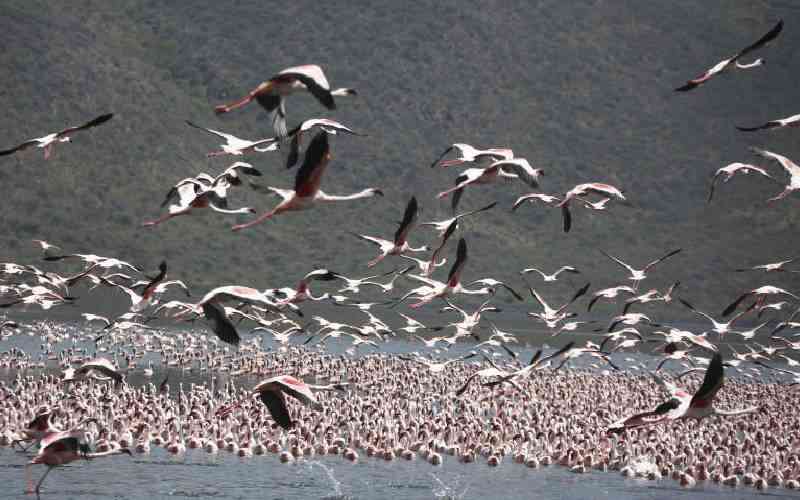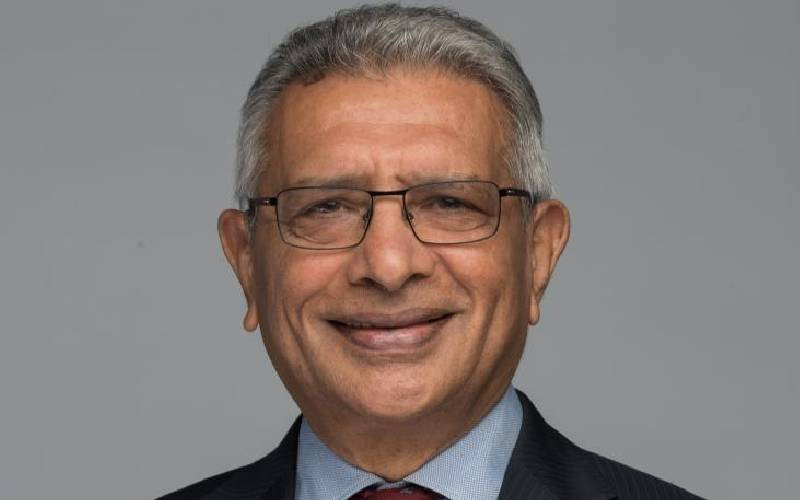The world is reeling from the decision by the US President Donald Trump to pull his country out of the historic Paris Agreement on Climate Change. While this decision has been looming given his threats to do so during the election campaigns, what the world is now coming to grips with is how to maintain the momentum to effectively address climate change, one of the most pressing challenges of this century. The US will join Syria and Nicaragua as the only countries not to have adopted the Paris Agreement (Nicaragua only refused to sign the Accord because it believes it does not go far enough)..
The greatest concern has been that the US withdrawal from the Paris Agreement would cause a domino effect and encourage other countries to follow suit and either withdraw from the Paris Agreement or water down their pledged commitments to climate action.
But the recent reaction by other major economies such as the European Union, China and India, and the world at large, has been to double down on their commitment to climate action. The very nature of the Paris Agreement made it susceptible to national politics, such as that in the US, by letting countries set their own targets on how they would tackle climate change thus having minimal legal obligations. But it is this very design that allows for broader and ambitious climate action.
Despite being a developing country, Kenya has demonstrated leadership on climate action, both at the international, national and sub-national levels. The country was the first in Africa to enact a robust climate change law, in addition to a raft of other policies to transform the economy to be low-carbon and climate-resilient.
Kenya submitted an ambitious Nationally Determined Contribution (NDC) - a blueprint of how the country would tackle climate change - as its contribution to the Paris Agreement. This includes reducing greenhouse gas emissions by 30% by the year 2030 and building the resilience of crucial industries such as agriculture to cope with climate change impacts such as droughts.
An emerging theme from the reaction of many world leaders is the emphasis on the myriad opportunities that taking climate action presents. This is illustrative, especially when those leaders of leading economies. The falling cost of clean and renewable energy presents an important economic opportunity to leapfrog the 'dirty' phase of development that relies on fossil-fuels such as oil and coal - think the mobile phone revolution.
President Trump's justification for withdrawing from the Paris Agreement is that he is protecting the jobs of coal miners, a position not supported by facts. But the economic realities defy this point: coal is dead, since it is now cheaper to produce clean and sustainable energy from renewable sources such as wind, solar and geothermal.
Furthermore, the major economies in the world are betting their economic dominance on clean energy technologies. China is investing heavily in solar energy - and closing coal power plants responsible for its infamous air pollution. India has released a new plan to electrify all its cars by the year 2030 - and is also closing many coal power plants. California is set to run on 100% renewable energy by the year 2050. Leading industries the world over, from tech giants such as Google and Apple, to automobile manufacturers such as Toyota and Tesla, are betting on clean energy.
Kenya has impressive capacity to generate electricity from clean and renewable technologies such as wind (e.g in Lake Turkana Wind Power Plant, the largest in Africa), geothermal (Olkaria is the largest in Africa), and solar (such as the Garissa Solar Power Plant, billed to be the largest in Africa), among many other leading initiatives.
So much is this capacity that Kenya is poised to be an exporter of clean energy, yet its plans to build a coal power plant in pristine Lamu casts a dark shadow on the commendable leadership on climate action. Counties have also gone all in on the action, developing innovative initiatives such as the County Adaptation Fund to strengthen resilience to climate impacts such as drought insurance schemes and climate-smart agriculture.
These actions indeed place Kenya on a pedestal, but the country will need to be more strategic to harness these opportunities through research, innovation and visionary leadership. We did it before with the mobile money revolution, and are already building on such innovations.
Mr Mbeva is a PhD candidate at the Australian-German Climate and Energy College, University of Melbourne; and a Non-Residential Research Fellow at the African Centre for Technology Studies (ACTS).
 The Standard Group Plc is a
multi-media organization with investments in media platforms spanning newspaper
print operations, television, radio broadcasting, digital and online services. The
Standard Group is recognized as a leading multi-media house in Kenya with a key
influence in matters of national and international interest.
The Standard Group Plc is a
multi-media organization with investments in media platforms spanning newspaper
print operations, television, radio broadcasting, digital and online services. The
Standard Group is recognized as a leading multi-media house in Kenya with a key
influence in matters of national and international interest.
 The Standard Group Plc is a
multi-media organization with investments in media platforms spanning newspaper
print operations, television, radio broadcasting, digital and online services. The
Standard Group is recognized as a leading multi-media house in Kenya with a key
influence in matters of national and international interest.
The Standard Group Plc is a
multi-media organization with investments in media platforms spanning newspaper
print operations, television, radio broadcasting, digital and online services. The
Standard Group is recognized as a leading multi-media house in Kenya with a key
influence in matters of national and international interest.








